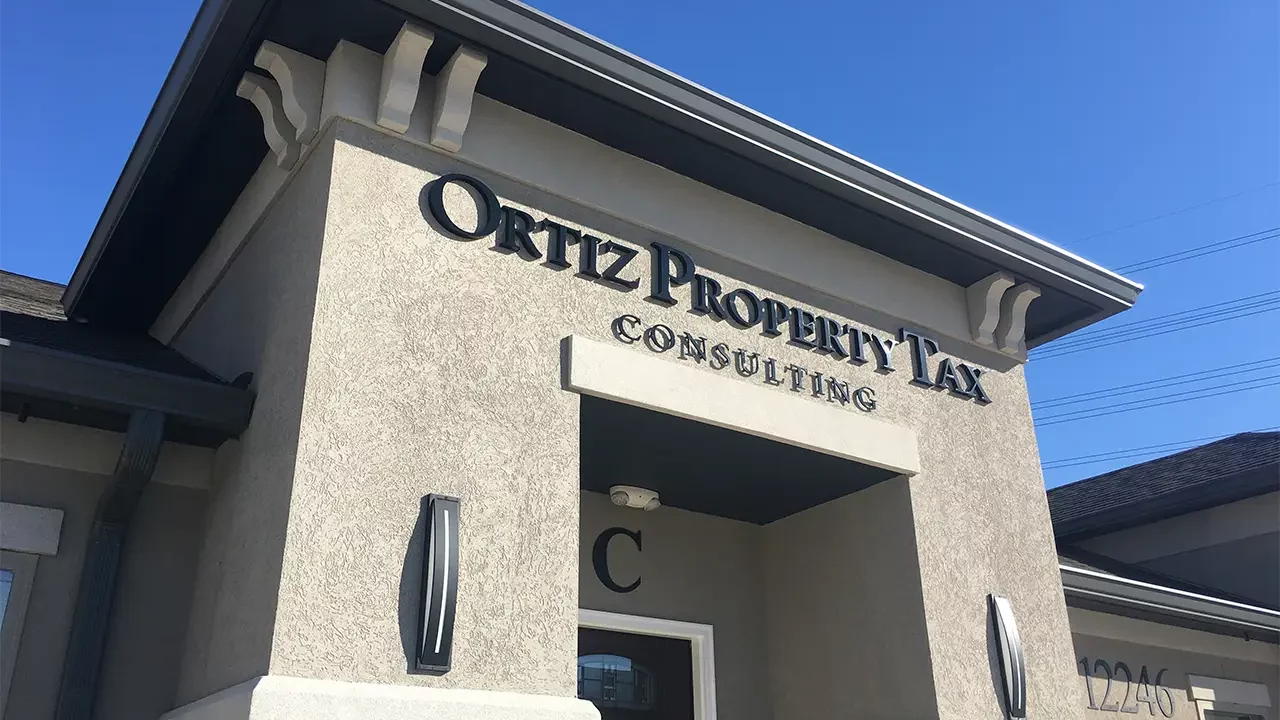Property Taxes Guide
Texas State Constitution property tax provisions
Property taxes must be equal and uniform.
This constitutional provision stipulates that all property in Texas must be valued and taxed in the same manner, regardless of where the property is located. This ensures that no certain property pays more than its fair share.
January 1 Market Value
Aside from certain agricultural, timber, recreational, park, and scenic lands that are subject to special appraisal, all tangible property must be taxed based upon the property’s market value on January 1 of every year. The market value of a property is determined by the amount the property would sell for if the buyer and seller is under no pressure to complete a prospective transaction.
Subject to taxation
Unless there are federal and/or state laws providing an exemption, all property is subject to be taxed.
Right to reasonable notice
As a property owner, you have the right to a reasonable notice of any increases in appraised property values.
One appraised value
The boundaries of an appraisal district usually follows the boundaries of the county. Therefore, each property in a given apprasial district must have one appraised value.
It should be noted that if your property crosses a county line (typical of residences in Harris County that borders Waller and Fort Bend counties), you will receive value notices from the appraisal districts of Harris County plus the county that your property crosses into. If you choose to file a protest, you have to protest in both counties. OPTC is pleased to work with homeowners in this situation.
How it works
On January 1st the Appraisal District begins assessing your neighborhood to estimate the values of homes in that neighborhood.
A few months later, the Appraisal District mails out the property tax notices to let you know how much they estimated your home to be valued. Then, at the end of the year you will get bills from the different tax collectors like: The County Property Tax Assessor, your School District Tax Assessor, your Utility District, and your Water District.
Property taxes are a locally assessed and administered tax. Property taxes bring in the most money of all local government taxes.
Those tax assessors base your taxes on the value that Harris County assessed your home at, at the beginning of the year.
You see, what many property owners don’t know or don’t take the time and effort to do – is protest the value that the county assessed their home at – in order to keep those tax bills down at the end of the year.
So how that works is, after the county sends you a notice with your market/appraised value of your property (March/April). You have an opportunity to protest your taxes as long as you do it by May 31st.
Now going through the property tax protest process requires several things – a self assessment on your property’s value, research on comparable property values, filing your protest thru the right channels, setting up & taking the time to meet with your appraisal representative or board members, and then finally making sure you settle with the right offer if necessary. SO THIS PROCESS CAN BE A BIT COMPLEX.
BUT THAT’S WHAT Ortiz Property Tax Consulting will do for you! We have all the tools and expertise to represent the home owner to the county and we handle all the market research, schedule the protest dates, meet with the county appraisers and even the appraisal board ON YOUR BEHALF. You don’t have to do anything! The only way OPTC will charge a fee, is if we get a reduction on your property taxes. When that happens, you pay a percentage of your savings, and then you put the rest in your pocket by not paying as much at the end of the year – AND AGAIN YOU DON’T DO ANYTHING BUT AUTHORIZE US TO FIGHT FOR YOU! Your other option is to not do anything and not save anything at all.
